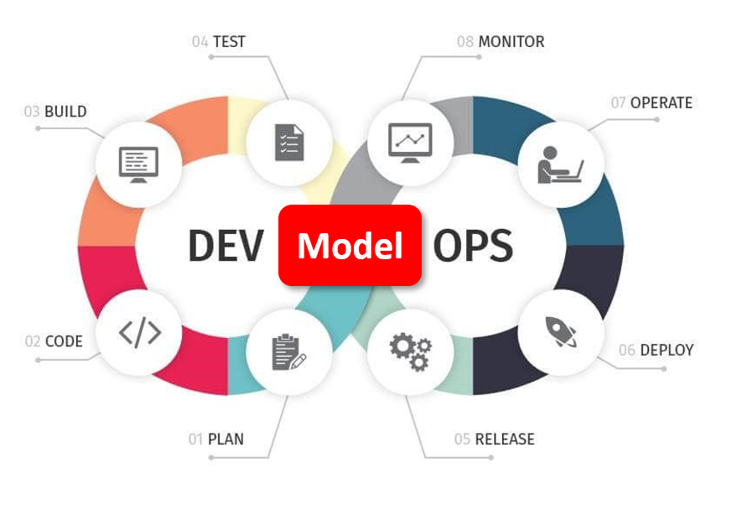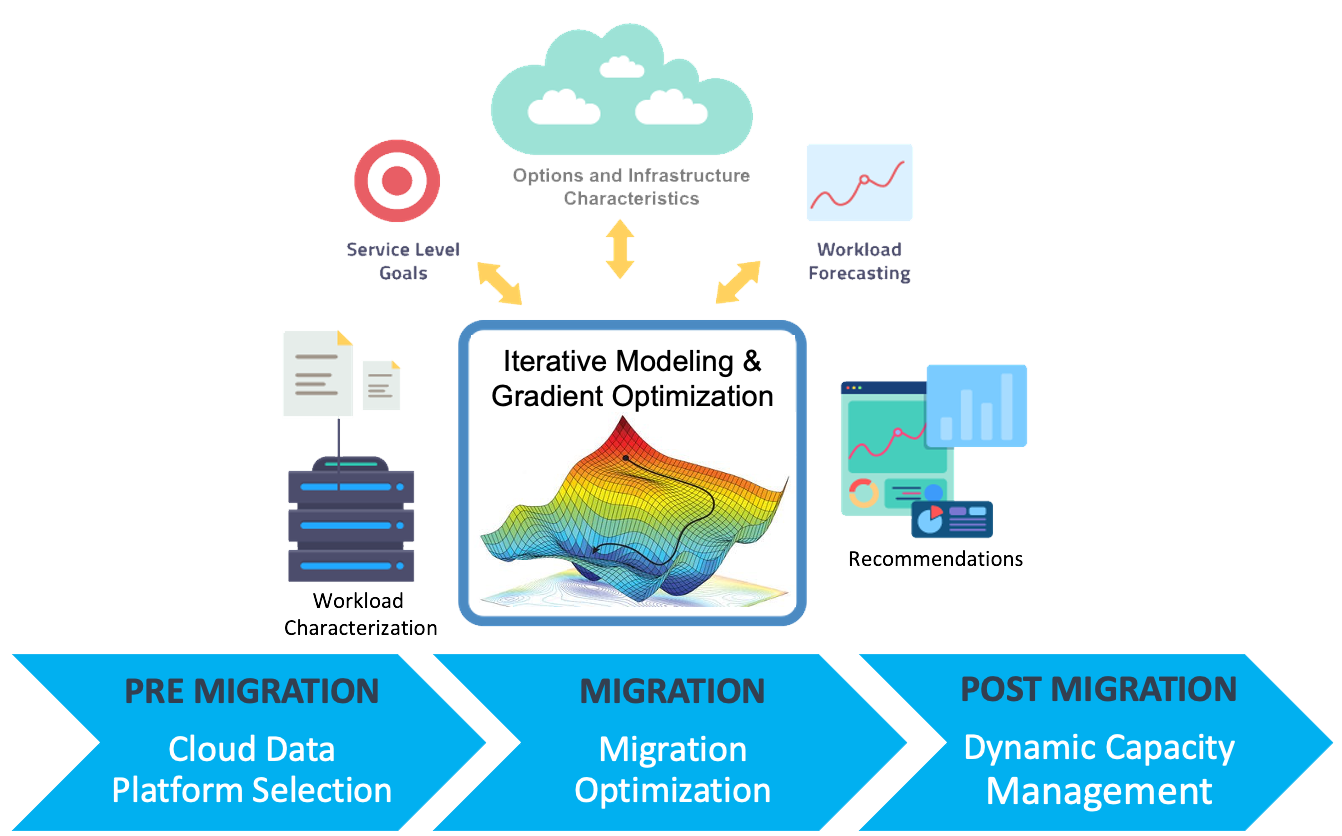Solutions
BEZNext Cloud Cost Optimization and Performance Control
Cloud Data Platform Selection
- Build performance, resource consumption and data usage profile for each business workload
- Predict the minimum configuration and budget needed to meet Service Level Goals for each business workload on each of cloud data platform
Cloud migration decisions optimization
- Loading data on time and within the budget
- Optimize security decisions
- Set realistic performance and financial expectations
Dynamic Capacity Management
- Predict the impact of expected changes and set performance and financial expectations
- Verify results, determine performance and financial anomalies and their root causes
- Evaluate options and predict measures necessary to continuously meet SLGs for all workloads on all platforms with the lowest cost
- Organize continuous close loop control
Sizing of new applications
- Sizing of new analytic and generative AI applications before deployment into the cloud
Our History
- We’ve offered capacity management software and services for large data warehouses on Teradata, DB2, Oracle, and SQL Server for several decades
- We added Big Data (Hadoop) support in 2014 and Cloud Data platforms support in 2017
The Need
- How to reduce the uncertainty and risk of performance and financial surprises while making cloud migration and dynamic capacity management decisions in the Hybrid Multi-Cloud environments?
- Cloud platform selection, cloud migration, dynamic capacity management
Current Focus
- We enhanced our modeling and optimization software to optimize performance and financial governance of Hybrid Multi-Cloud environments
- DevOps decisions optimization prior to deployment of new applications
- Typical cloud selection project takes 2-3 weeks instead of 6-9 months POC studies
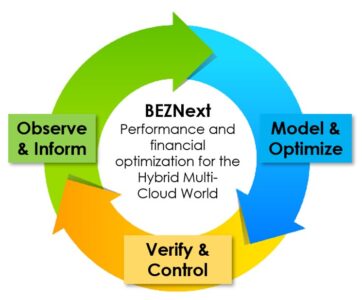
BEZNext Modeling and Optimization Overview
Illustration of BEZNext Iterative Modeling and Gradient Optimization determining
the minimum configuration required to meet SLGs for all business workloads
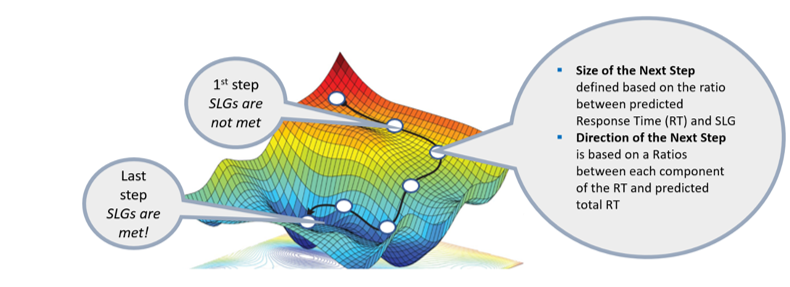
- Workload characterization and forecasting results, configuration and cost options of the cloud data platforms targets are the inputs to our modeling and optimization technology.
- The iterative queueing network modeling and gradient optimization performs multi step automatic evaluation of options to predict the minimum configuration and budget needed to meet SLGs of each business workload
- The BEZNext modeling and optimization technology has been proven on numerous projects across multiple industries.
Applying BEZNext Technology for Cloud Data Platform Selection
- Predict the minimum configuration and budget needed to meet SLGs for each workload on each cloud data platform
- Results of data collection, workload characterization and workload forecasting
- Cloud data platforms architecture, configuration and pricing models
- The security implication and tokenization overhead
- Carbon footprint
Review our white paper: Which Cloud Data Platform is Best for Your Data Warehouse?

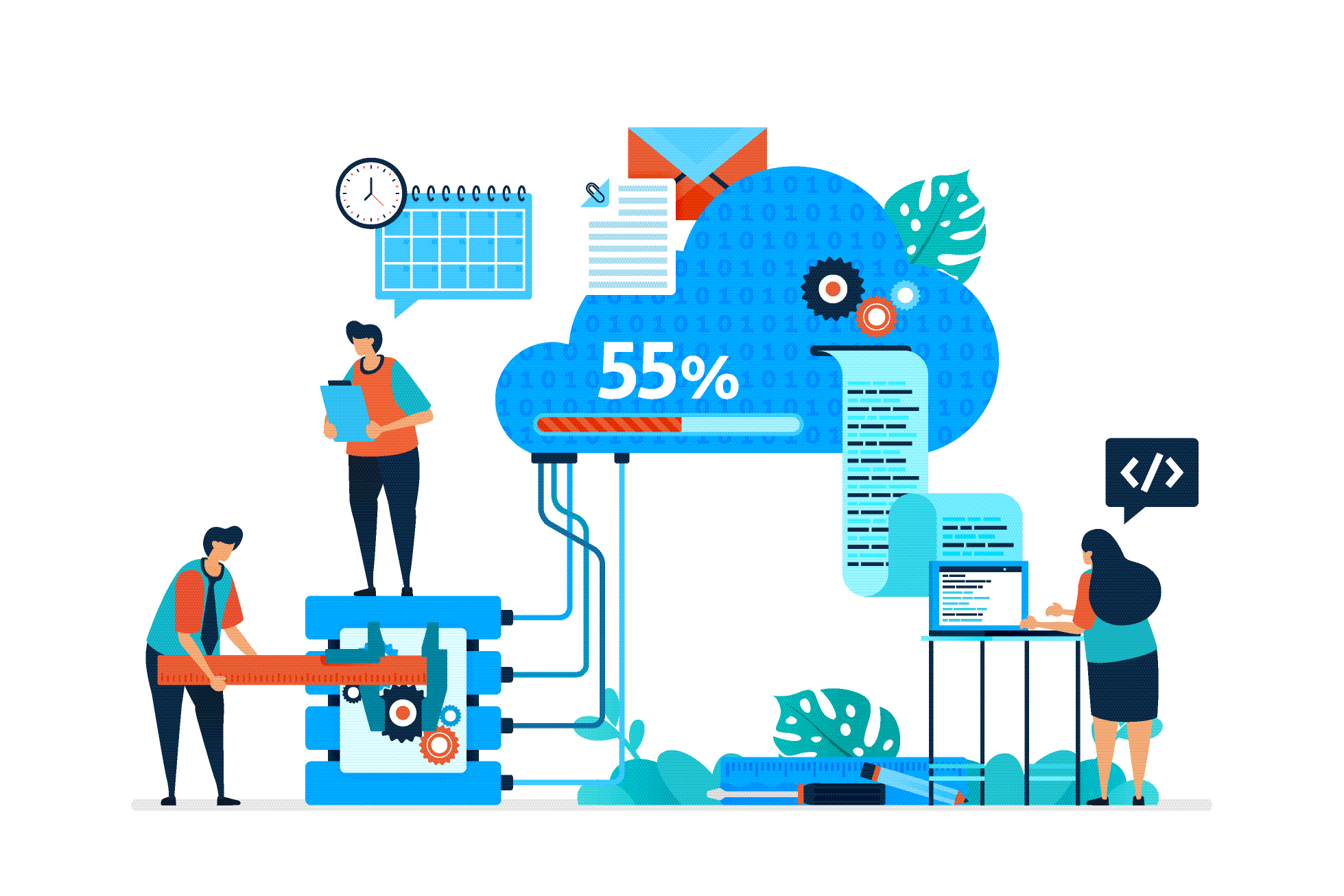
Applying BEZNext Technology for Migration Decisions Optimization
How do we assist with cloud migration decisions optimization
- Assist with creation Migration Plan and predict performance and budget required to meet business goals
- Evaluate Security Tokenization options and compare their impact on performance and cost
- Evaluate ETL options and predict how different options will affect performance and cost
- Evaluate the impact of Data and Applications consolidation and its impact on performance and cost
Applying BEZNext technology for sizing new applications
Recommendations to Developers
- Determine anomalies and root causes during testing of new applications prior to deployment
- Develop tuning recommendations
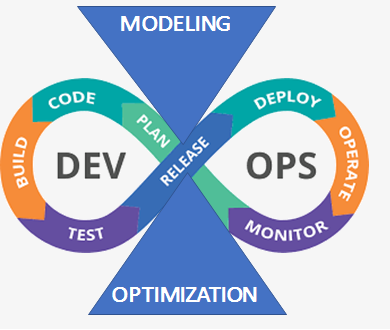
Recommendations to Operations
- Select cloud data platform for new application prior to deployment
- Predict the minimum configuration and budget required for deployment of the new application on different cloud data platforms, taking into consideration expected increase in number of concurrent users and volume of data after deployment comparing with the test environment and SLG
- Set up realistic performance and financial expectations Organize process of verification of results and development proactive recommendations
- Verify results
Organizing Dynamic Capacity Management for Hybrid Multi-Cloud
- BEZNext software optimizes the resource allocation and workload management rules to meet SLGs for each workload on each platform with the lowest cost
- We automate Data Collection, Workload Characterization and discovery performance and financial anomalies and root causes for each workload
- We apply iterative modeling and gradient performance optimization to compare options and develop proactive performance tuning, resource allocation and workload management recommendations
- Automatic results verification achieved by comparing the actual measurement data with expected / predicted results
- Feedback control enables continuous Dynamic Capacity Management
